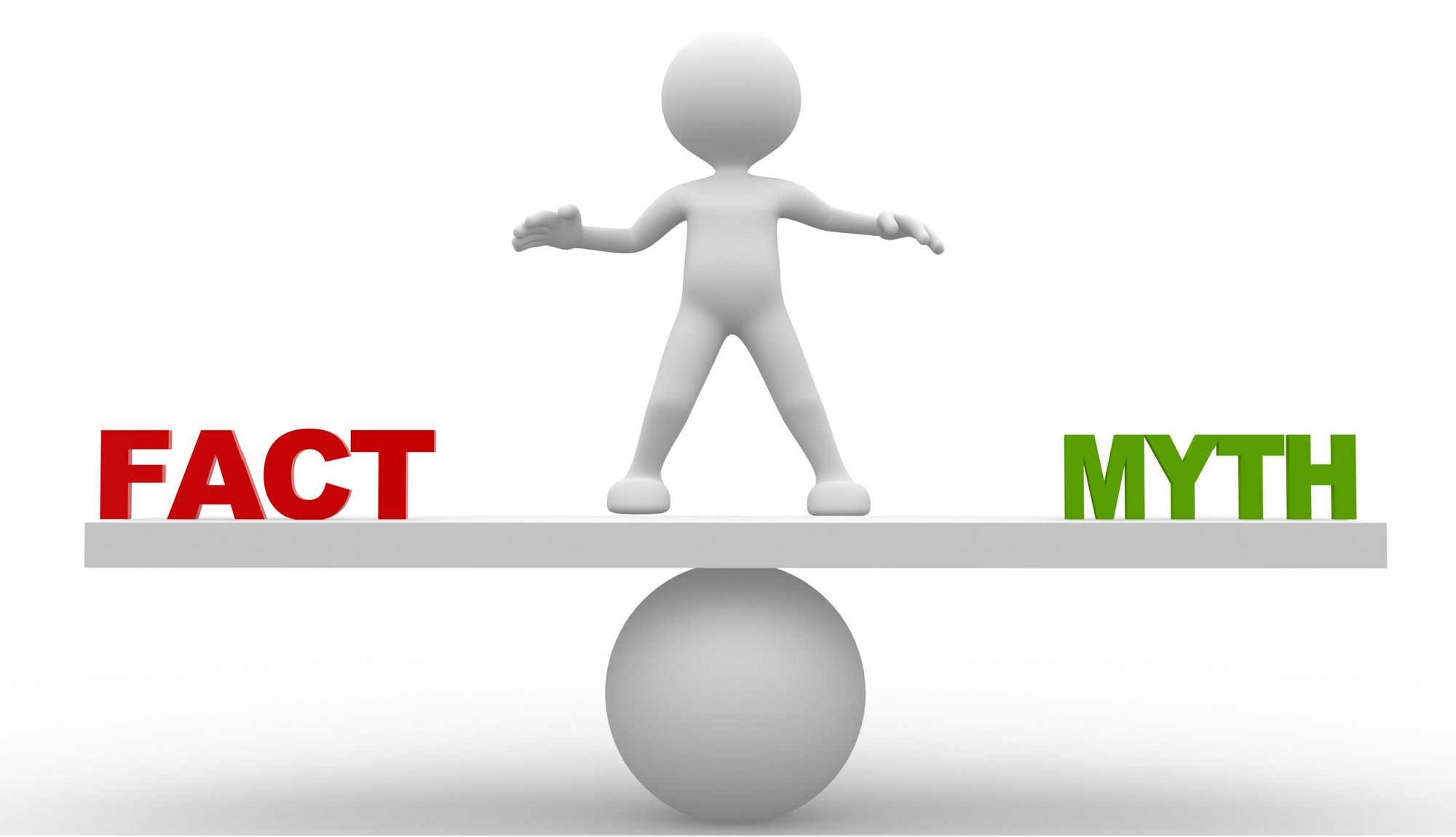
There is a lot of misinformation out there about mold removal and mold in general. Mold is a relatively new problem plaguing homeowners and the science behind it is new and ever-changing. There is a great deal of mold removal myths out there that can lead South Jersey homeowners astray. Some mold removal myths have led to the downplayed importance of mold removal, which can leave your home vulnerable to serious property damage. However, on the other end, other mold removal myths completely exaggerate the mold development and leave homeowners vulnerable to scare tactics. The truth about mold is somewhere in between. Indoor mold development does not necessarily mean run for the hills before the mold monster gets you, but you also shouldn’t just brush it off like nothing happened. Here is part 2 of myths about mold debunked.
Mold removal and mold remediation are the same thing.
Truth: Mold removal is just one part of mold remediation.
Often times, you will see or hear the terms “removal” and “remediation” used interchangeably. That is, in large part, because removal is a more recognizable term for the average person. Technically, mold removal is just one step in the mold remediation process. A thorough and proper NJ mold remediation includes: identifying the source, containing the problem, cleaning & disposal (removal) and making preventative recommendations.
If you are looking for a reputable mold removal company in New Jersey, be sure to ask about their process. Since the terms ‘removal” and “remediation” are used so interchangeably, the difference is going to be in the process. Before hiring a mold professional, make sure that their process covers source identification, containment, cleaning & disposal and preventative recommendations. Each part of the remediation process is important to the over success of cleanup.
We “killed” the mold. “Dead” mold is harmless.
Truth: Even “dead” mold spores are viable and can be harmful. Mold needs to be actively removed not just “killed.”
“Killing” mold is simply not enough. Even seemingly “dead” mold spores are viable and can make you and your family sick. No to mention, “killing” the mold at the surface does nothing as long as the roots are still embedded in your building materials. As long as the mold roots are still present, the mold will re-grow and leave you with more problems. Mold needs to be actively removed (roots and all) to avoid health effects and further property damage.
If I’m sick in my home, mold must be the cause of it.
Truth: There are countless environmental stressors that can be making you sick.
Even if a professional mold inspector confirms an elevated mold presence in your home, you cannot be certain that your health problems are directly related to the mold presence. Do not let your mold inspector or mold remediation professional tell you that your are sick because of mold. A mold professional is only trained to identify mold in an indoor environment. If you are sick, it is POSSIBLE that mold is the culprit. If an elevated mold presence is detected in your home and you are sick, you should consult your physician. Only a trained medical physician can tell you for certain the cause for your symptoms.
Only messy and dirty properties have mold.
Truth: Mold does not discriminate based upon cleanliness.
Mold can and will grow anywhere given the right conditions. And those conditions DO NOT include cleanliness. All mold needs is a moisture source, organic matter to breakdown and comfortable temperatures. Mold is present everywhere, it is a natural part of the environment around us. Excessive indoor mold development is usually the side effect of indoor moisture problems. Anything from elevated humidity to severe flooding and everything in between can lead to mold development. Even the cleanest of homes can fall victim to a mold contamination.
I only need to remove the mold if it is a dangerous or toxic species.
Truth: Elevated mold of any kind should be removed.
Mold affects more than just your health. Elevated mold can do serious property damage. Mold’s purpose in the natural environment is to breakdown dead organic matter. Mold development can lead to damaged building materials and diminished structural integrity; therefore, it should be properly addressed no matter the species.
Mold plays an important role in the natural environment around us, so there will always be mold present. The important thing to note about mold presence is how much. Elevated mold counts indicate access indoor moisture that is causing and sustaining its development. Moisture buildup in your building materials will leave you with severe property damage and an expensive repair. Bottomline, just because the mold is not making you sick, does not mean it is not a problem. If you have excessive indoor mold development, DO NOT ignore it.


